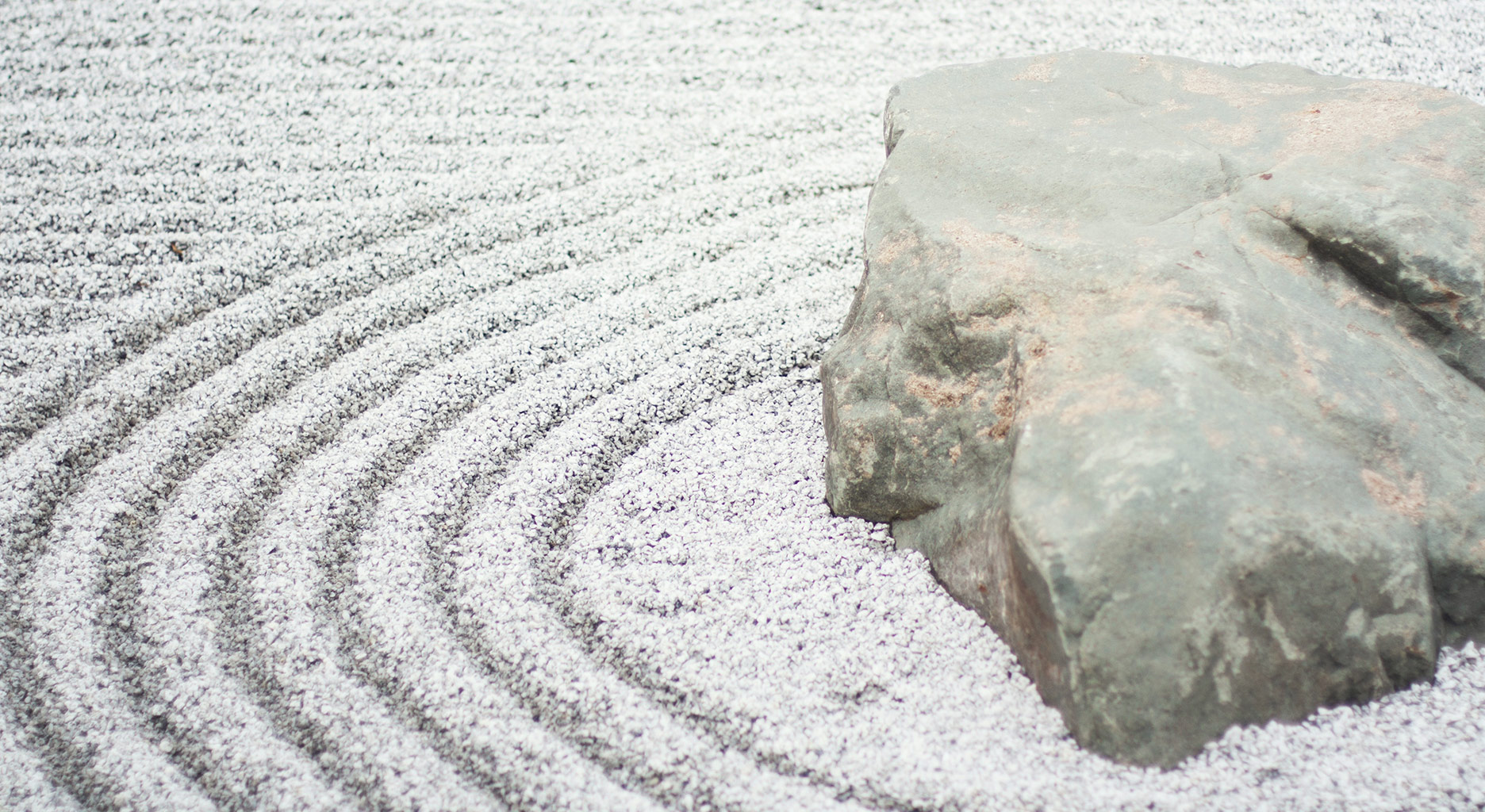Some journeys have clear destinations and others are filled with unexpected turns. We all face challenges on our paths to achieving our goals. Sometimes, negative thoughts or setbacks can leave…

A Mental Buffer to Stress
Our human bodies need to have short breaks from stress every day to recover from the effects it has on us. The risk lies in experiencing chronic stress that is ongoing throughout the day. We need to find ways to interrupt or even dismantle the stress.
Some strategies do not work, such as rationalising, minimising or normalising the chronic stress. Avoidance and escapism can sometimes result in even more stress. We have to identify the causes of the stress and also develop a mindset that doesn’t generate more stress, but gives us a regular reprieve from stress throughout the day.
Here are some reappraisals relating to dealing with stress:
Observation and Planning
I am observant to identify my stress patterns. If I become aware that I am operating in a state of resistance, worry, rushing or chronic urgency, I make a mental note to try to understand the causes and reasons behind this.
If I notice that I am stressed… If I notice that I have chronic stress going on inside, I put activities into my schedule, during which I can completely reset and relax, like meditating, or reading something uplifting, or having a relaxing, mindful time with a friend. I organise myself to have my priorities, reducing distractions so that I can focus with ease, be confident and lean into the creative flow and the nurturing balance of my life.
Identifying causes of stress
I understand that I will feel a lot better and more relaxed when I identify the causes of the stress and do something about it, even if it is just revisiting or expanding my point of view.
No matter what the cause of my stress is, I do not allow the stress to keep me down. Instead, I make work of getting a handle on the stress. I see stresses that come and go as a natural part of life and not as a threat. I choose perspectives that do not increase stress.
Coping strategies
I remain observant to avoid unhealthy coping strategies, such as ongoing avoidance or distraction or not identifying the cause of the stress.
I am in charge of my life… I take control of the things that are within my control, like solving problems and making things better in my life.
I recognise that exercise is an important part of mental and physical health, especially as it relates to having a more agile brain. Exercise also helps me to eliminate some of the stress hormones.
I recognise that I am unique and I do not compare myself with others. I recognise that comparison can be a causes of chronic of stress. How I deal with stress may be different from how others deal with it. I do what works for me.
Building resilience
I build resilience by developing helpful perspectives and attitudes, connecting and talking with people and getting support, whenever I need it. I set the intension to deal with any difficulties or problems that arise in a calm and focused way, while also paying attention to the emotions and thoughts that arise so that they can be re-appraised, processed and dissolved.
I build resilience by regulating my emotions. I recognise that I can modulate the intensity of highly distressing emotions through my will, since emotions respond to my will (that is how we can suppress them). When I modulate emotions to be a bit less intense, this can also potentially reduce the level of stress that I experience.
Acceptance
Changing a difficult situation isn’t always possible. I concentrate on the things I do have control over.
When I notice that some things will remain undone, I accept that scarce resources and time can be a limiting factor. I prioritise my work and find ways to be more efficient and to deal with distractions. But I accept that not everything may get done.
I notice the auto-generated thoughts
If I notice an idea in my mind, that the problem is insurmountable, I recognise that it is not possible to predict the future and I keep the hope alive that the problem can be solved, because the majority of problems can be solved. I do not ever believe the negative, auto-generated thoughts, and I know they are generated based on the fact that I am experiencing a challenge, and that they are not helpful, so I don’t engage with the auto-generated thoughts.
I focus on positive or neutral things, and not on negative ideas. I do not engage negative thoughts, nor do I give them my time and energy. I just acknowledge them and I disengage, while engaging and searching for inspiration, as well as other positive and neutral ideas, and potential solutions or other good ideas.
If I notice an idea in my mind – that I have lost control, I pay attention to this and modulate the sensations to be less intense. I gain awareness of the self-empowerment that I have developed over my lifetime. I acknowledge that situations can sometimes feel overwhelming. I focus on the whispers from my own confidence that says: “I can do this”.
Final thoughts
By taking charge, I bust the stress and go after the solutions. I make the most of my time. I connect with people and find someone to talk to and support where needed. I keep improving my perspectives. I do some interesting, fun, relaxing activities, exercise and meditation which puts my brain in an optimal state for problem solving. I remember the many times when I really enjoyed the process and challenge of solving a problem. I remember to take time for the things that I enjoy and for self-care.
I try to have a lifestyle that strikes a good balance. I keep stress at bay by building my confidence. I let nothing stop me from pursuing my well-being, goals, hobbies and dreams. Every day, there is so much to enjoy and to appreciate.




This Post Has 0 Comments